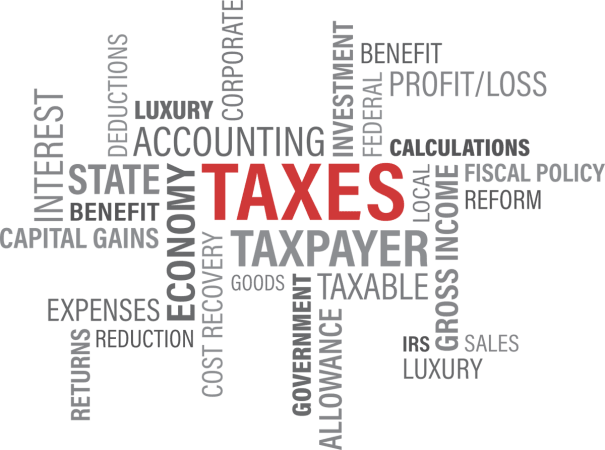
The Budget of 2017-18 will be presented on Wednesday (February 1) by Union Finance Minister Arun Jaitley. This budget will be important for a number of reasons, especially in the wake of the controversial decision of demonetisation on November 8 last year.
A budget includes various terms and concepts that the layman might find difficult to understand. Here, we list some important terms related to budget and explain their meanings:
Also Read: All about Budget 2017
Budget: Just like every individual or household needs to have a budget about his earnings and expenditure, the government also has to have the same. Under a budget (from the French word 'bougette' means a little bag), the government states how much money it has earned from the taxes and how much has it spent in the previous year. Article 112 of the Indian Constitution makes it a must for the central government to introduce a statement of estimated receipts (income) and expenditure in Parliament. This is done annually. Traditionally, it has been presented on the last working day of February, but this year, it has been brought ahead to February 1.
Who draws up the Budget? The Ministry of Finance has a Budget division, which has the responsibility for the Budget. All government ministries send their proposals and requirements for funds to this division, which then draws up the allocations. They need to be first approved by the finance minister and then the prime minister.
Other terms related to Budget:
Consolidated Fund: All the money raised by the government in whatever form is placed in this fund. It could be in the form of taxes, loans sanctioned or those given by the government and have been repaid now. All expenses of the government are met with the consolidated fund.
Contingency Fund: The money in this fund is only used for managing disasters and crises.
Public Account: The money raised from various government schemes are kept here. The schemes could be small-savings or provident funds.
Revenue Spending: The government has to distinguish how much it spends on itself and how much on creating economic assets. Revenue spending takes place from the Revenue Budget. Salaries of government employees, military personnel, ministers' perks, subsidies, interest on home loans, pensions for former defence officials are accounted for in the revenue budget or spending. These are all financed from the revenue the government earns – in the form of taxes, duties, etc.
Capital Spending: This refers to the money spent on creating assets like infrastructure in the form of constructing roads, highways, buying machinery, equipment, etc. The spending is financed from the capital receipts, i.e., the money the government gets from loans from the market, banks or international organisations.
Non-Plan Expenditure: This consists of the defence expenditure, interest payments, grants to states and subsidies. It can be divided into capital and revenue spending.
Plan Expenditure: It consists of pension, salaries and subsidies and consists mainly of revenue spending.
Corporate tax: Tax on companies' profits. It was introduced by late prime minister Rajiv Gandhi in the budget of 1987.
Other taxes on income: They include income-tax paid by non-corporate entities, individuals, etc.
Fringe benefit tax: The taxation of privileges that are provided by the employer to his employees besides the regular salary is called the fringe benefit tax or FBT. It was introduced in the budget of 2005-06 after the government felt that many firms were disguising privileges like club facilities as ordinary expenses and avoiding paying taxes.
Customs: Taxes that are imposed on imports to protect the domestic industry against foreign competitors.
Union Excise Duty: This is the duty imposed on goods made in India.
Service tax: It is a tax, which is rendered on services.
Direct tax: This mainly includes taxes on income or wealth. Income tax is an example of direct tax.
Indirect tax: This tax is not levied directly from the person who pays tax but on expenditure. Excise, service taxes are some examples.








